The Five Core Competencies: 1. Self-awareness - the ability to accurately recognize your own emotions, thoughts and values and how they influence your behavior. • emotion identification • accurate self-perception • strengths recognition • self-confidence • self-efficacy 2. Self-Management - the ability to control your own emotions, thoughts, and behaviors - effectively managing stress, controlling impulses, and motivating yourself. The ability to set and work towards achieving goals (personal and academic) • impulse control • stress management • self-discipline • self-motivation • goal-setting • organizational skills 3. Social awareness - the ability to empathize with others different from you. The ability to understand acceptable social and ethical behaviors. • understanding different perspectives • empathizing • understanding and appreciating diversity • respecting others 4. Relationship skills - the ability to establish and maintain healthy and rewarding relationships with different individuals and groups. Conversing, listening, cooperating, resisting peer pressure, negotiating conflict, asking for help. • communicating • engaging socially • building relationships • working in teams 5. Decision-making - the ability to make constructive choices about your own behavior. The ability to understand consequences of choices and understanding how our decisions affect others. • identifying problems • analyzing situations • problem solving • reflecting • taking responsibility We Have A Cartoon For That!
3. Social Awareness E2 Moving to a New School E3 Bullying E4 Snail’s Pace - Inappropriate Use of Social Media E5 Last One Picked E6 Think Tank - Cyberbullying E10 Build-A-Bear - Assertiveness E12 It’s Written in the Stars - Dealing with the Death of a Loved One E13 Divorce E14 On the Fly - Mindfulness 4. Relationship skills E2 Moving to a New School E3 Bullying E5 Last One Picked E6 Think Tank - Cyberbullying E7 Hop, Skip, and a Jump - Truancy E8 Resilience E10 Build-A-Bear - Assertiveness E11 Riding the Pine - Spending too much time on personal devices E13 Divorce 5. Decision-making E1 Too Many Activities E2 Moving to a New School E4 Snail’s Pace - Inappropriate Use of Social Media E6 Think Tank - Cyberbullying E7 Hop, Skip, and a Jump - Truancy E8 Resilience E10 Build-A-Bear - Assertiveness E14 On the Fly - Mindfulness E15 Garbage In, Garbage Out - Managing what we eat, watch, and think Perhaps the most compelling aspect of using Rocketoons in your school or classroom is their simplicity. There is no in-service training required. There is no four-inch binder of curriculum administration. There is no rigid guideline for administering the cartoon. The simple one-page Cartoonversation Card sets the scene for the cartoon, provides background information about the characters, and provides five conversation starter questions, five facts about the topic, and five additional online resources. Rocketoons will supplement your SEL curriculum or you can build an entire SEL curriculum around Rocketoons. Remember, Rocketoons are FREE for everyone (teachers, counselor, parents, kids, clowns, and superheroes) in North America. Our generous sponsors make it possible for us to create and maintain this program. Related Articles Getting Started with Rocketoons Rescuing Childhood and Making Sure Every Child Is Safe, Secure, and Silly Why Kids Need to Talk About Their Stress CategoriesAll Assertiveness Bullying Childhood Classroom Management Confidence Cyberbullying Discipline Grieving Happy Healthy Kids How To Use Rocketoons Mindfulness Moving To A New School Parents Rocketoons School Social Emotional Learning Social Media Stress Too Many Activities Truancy
1 Comment
What stress?
5/9/2019 1 Comment Rocketoons as a Detention Tool
Sometimes you just don’t feel like yourself. When that happens, you can take a minute, check yourself, maybe calm down, and get back on track. But sometimes you can’t. In the times that you can’t, you need friends who will remind you to be mindful. This engaging and insightful cartoon is designed to encourage thinking and discussions about mindfulness and what to do when you feel yourself losing control. Episode 14: On The Fly - Mindfulness is an effective discussion starter to help guide your students in conversations about mindfulness and strategies to be more mindful and helpful to others. Visit Rocketoons.com to view full episodes.
Mental health issues can be hard for children to understand. We can’t always see if someone is mentally healthy or unhealthy, but understanding that mental health issues are very real health concerns can help us support loved ones who struggle with them. Understanding mental health issues can also give us the courage to speak up when we don’t feel as well as we could. This illuminating and humorous cartoon is designed to encourage thinking and discussions about how to support people with mental health challenges. Rocketoons Episode 9: Marv or Myth - Talking About Mental Health can start Cartoonversations to help kids talk about how mental health issues are very real and what we can do to be good listeners and friends.
Rocketoons are FREE for everyone. There is no membership or subscription required and no password to remember.
Rocketoons encourage kids to think and talk about essential life skills and social-emotional learning topics. Episode 8 - Resilience uses tardigrades - the world's most resilient creatures - to help kids understand the importance of a growth mindset. This engaging and inspiring cartoon is designed to encourage thinking and discussions about what to do when things don't go our way. Mindfulness, gratitude, and asking for help are just a few of the ideas brought up in this animated video to help kids learn how to navigate through adversity. Watch Rocketoons Episode 8: Making the Grade - Resilience and use the Rocketoons Cartoonversation™ Card to help your kids discover the many ways they can build resilience and succeed.
Rocketoons are FREE and available for everyone. There is no subscription, password, or membership required. We don't take any personal information!
It might sound like great fun to skip school, until you realize the damaging consequences. Truancy, which is any unexcused absence from school, causes kids to fall behind in school, and falling behind can lead to low self-esteem and depression. Kids who skip school regularly are more likely to experiment with drugs, drop out and not graduate, and get in other kinds of trouble. Episode 7: Hop, Skip, and a Jump - Truancy is an award-winning and fact-packed animated cartoon designed to encourage thinking and discussions about the troubles caused by skipping school. Watch the cartoon and use the Rocketoons Cartoonversation™ Card to help your kids talk about how skipping school puts them on a dangerous and challenging path. For help getting started refer to our step-by-step guide "Getting Started With Rocketoons." Rocketoons are free - there are no passwords, memberships, or subscriptions!
|
Wheeler Creative StudiosArchives
July 2019
CategoriesAll Assertiveness Bullying Childhood Classroom Management Confidence Cyberbullying Discipline Grieving Happy Healthy Kids How To Use Rocketoons Mindfulness Moving To A New School Parents Rocketoons School Social Emotional Learning Social Media Stress Too Many Activities Truancy |

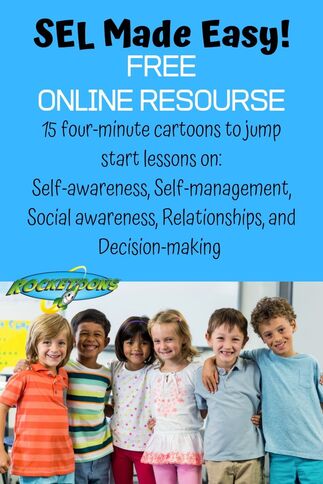
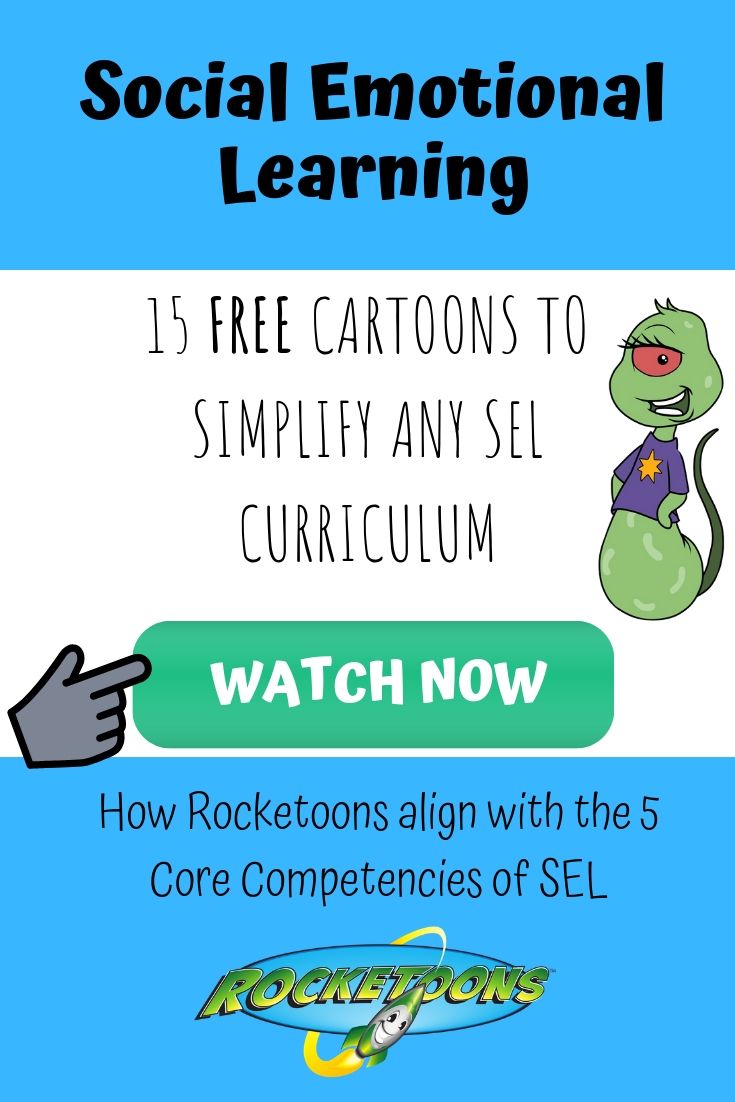
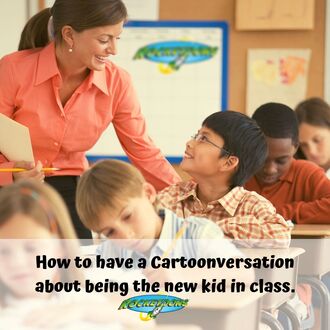
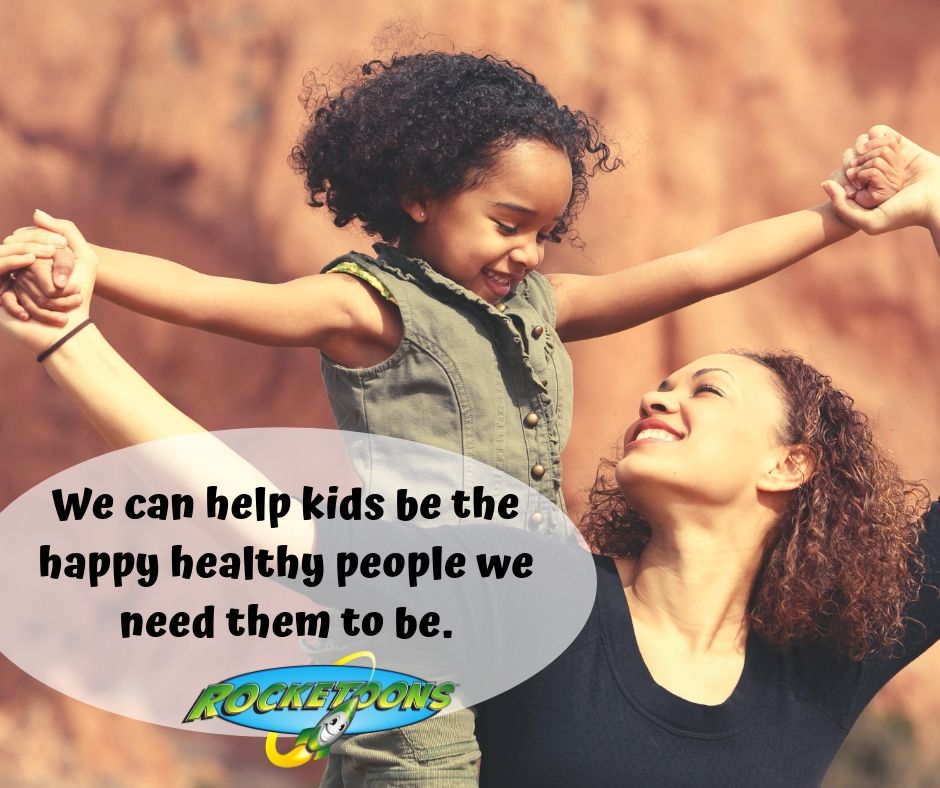
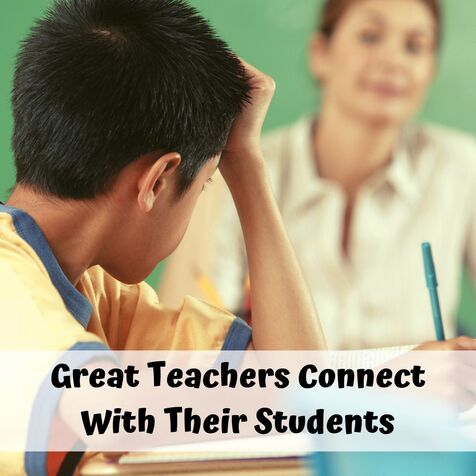
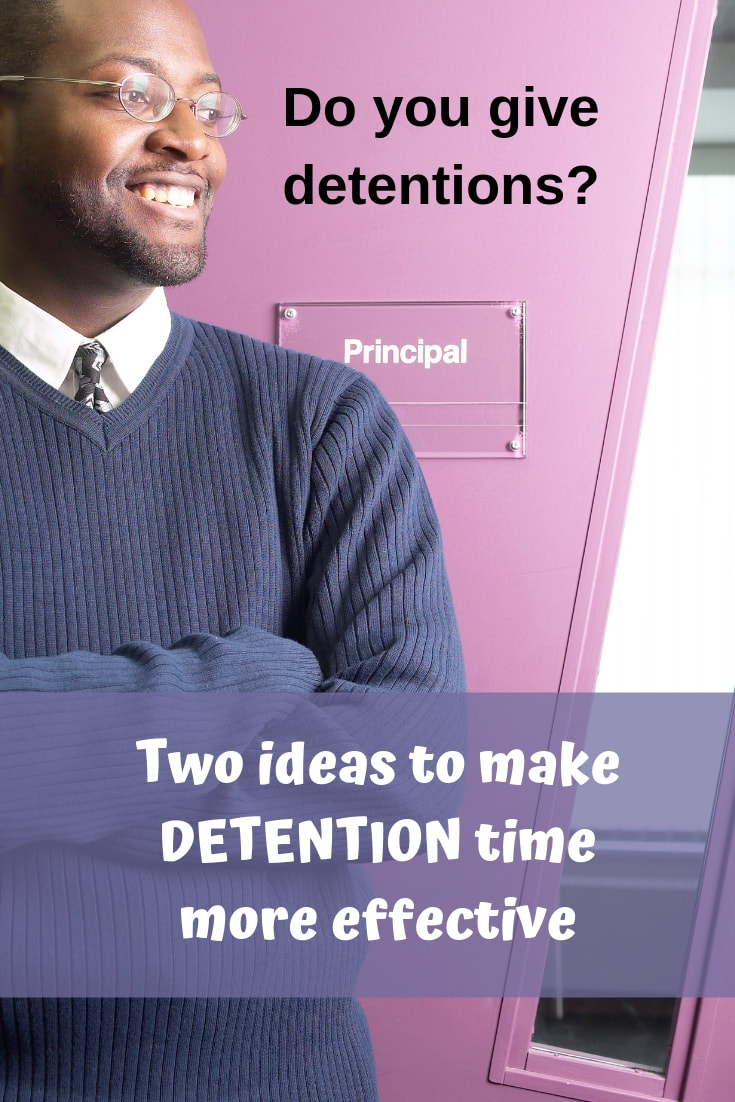
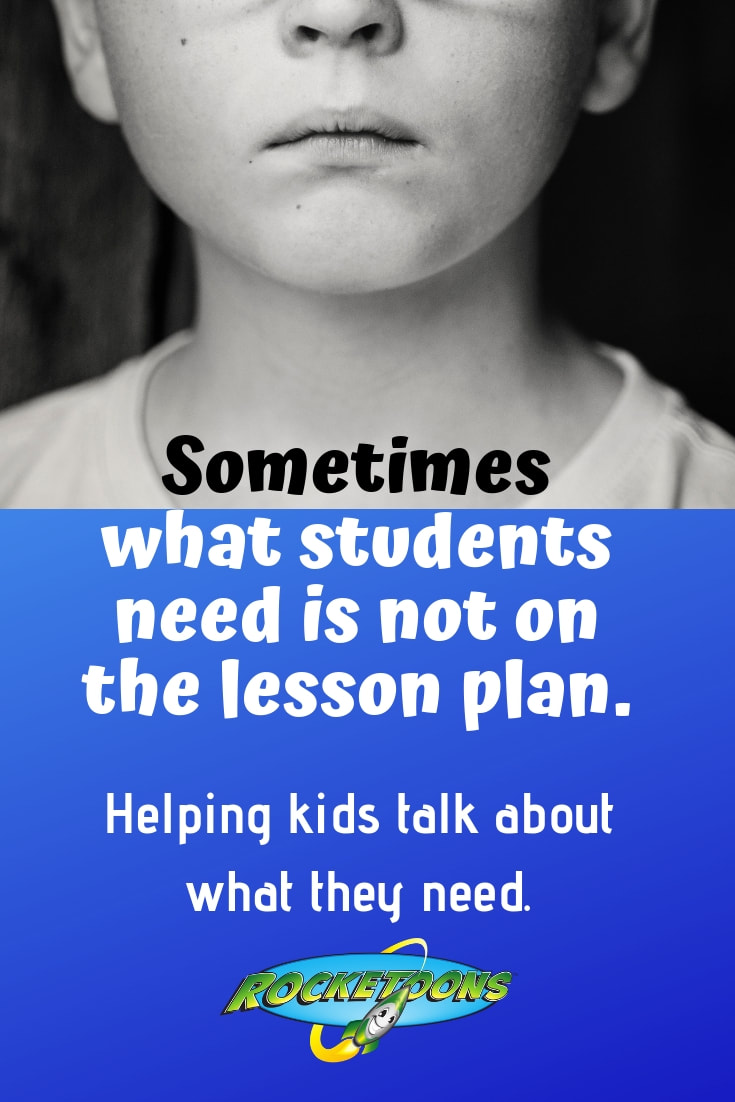

 RSS Feed
RSS Feed